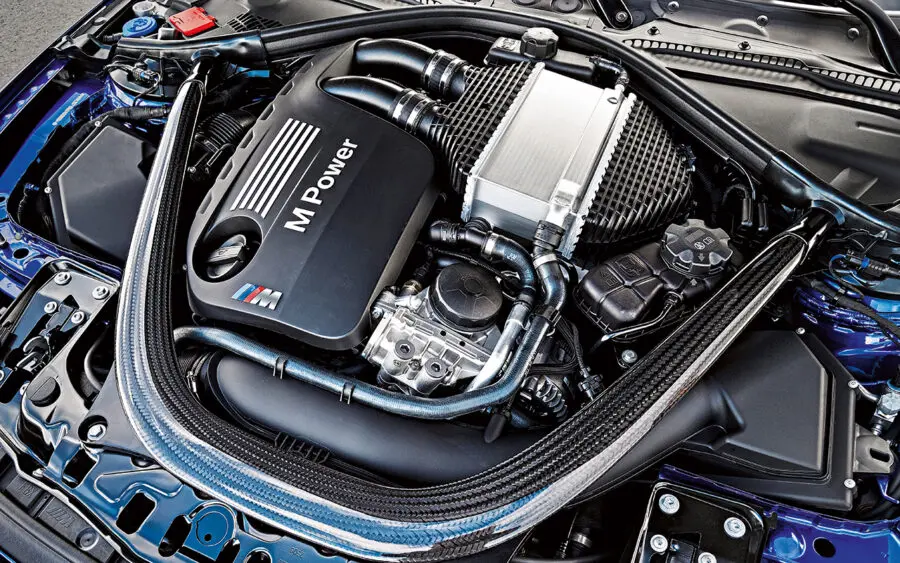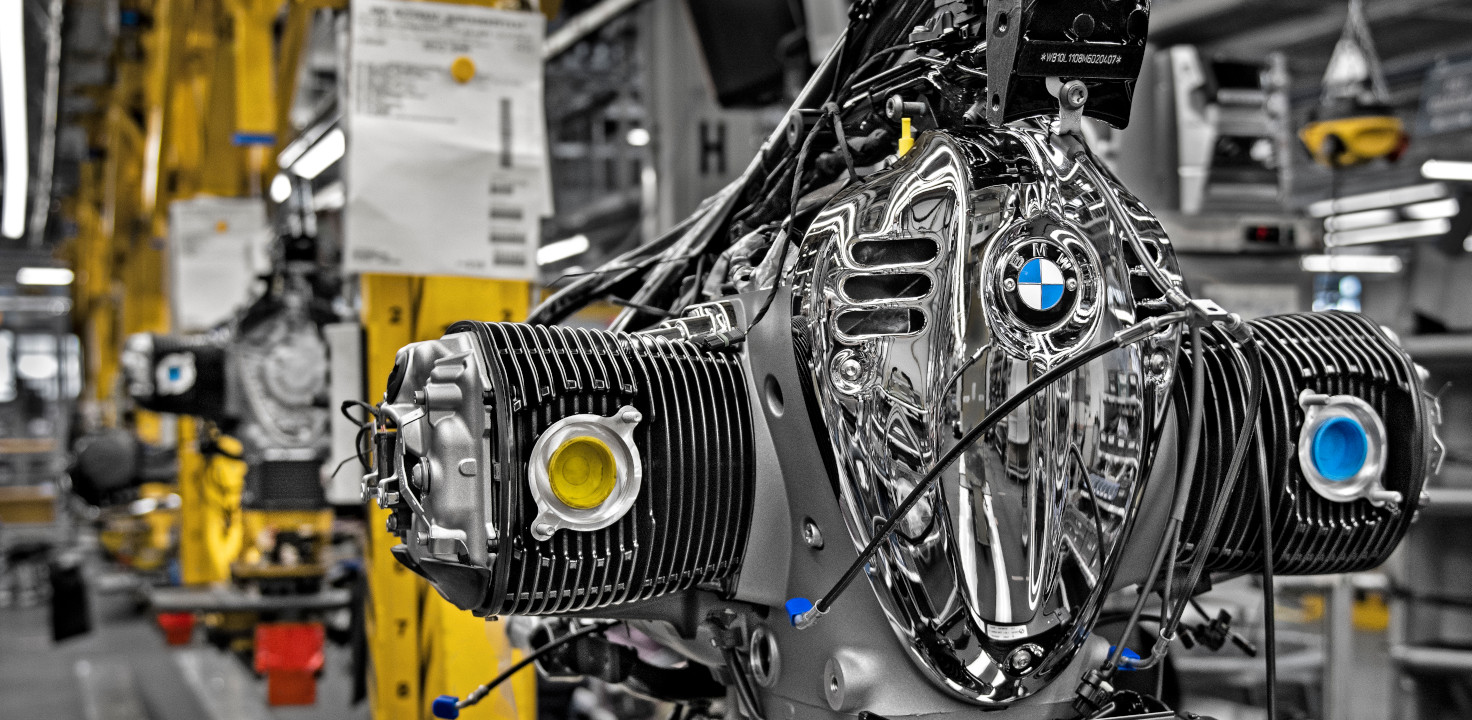Revealing the Intricacies of Next-Generation Power Units: a Deep Dive Into Advanced Engine Styles and Technologies
As we stand on the precipice of a new period in transportation, the ins and outs of next-generation engine styles bid us to check out the cutting-edge modern technologies and advancements that promise to redefine the driving experience. Diving deeper into the worlds of emission control, smart engine monitoring systems, and the horizon of power device development, we discover ourselves on the cusp of a makeover that guarantees to reshape the landscape of wheelchair as we recognize it.
Development of Engine Materials

The shift in the direction of advanced engine materials has actually also enabled designers to create engines with greater power outputs while maintaining gas efficiency criteria. The use of lightweight materials decreases the overall weight of the engine, leading to enhanced gas economic climate and lower discharges. Furthermore, innovations in products technology have enabled better thermal management within engines, resulting in boosted integrity and longevity.
Turbocharging and Supercharging Technologies
Just How do Turbocharging and Supercharging Technologies change engine efficiency and performance in contemporary lorries? Turbocharging and supercharging are innovations that considerably enhance engine efficiency by boosting the amount of air intake right into the combustion chamber. Turbocharging attains this by utilizing a wind turbine driven by exhaust gases to pressurize the intake air, while turbo charging uses a belt- or chain-driven compressor to achieve the same effect.
These modern technologies allow smaller sized, more fuel-efficient engines to create power equivalent to bigger ones, known as downsizing. By compeling more air right into the cylinders, turbocharging and turbo charging enhance burning performance, leading to increased horsepower and torque result without a significant rise in engine size. This leads to far better acceleration, pulling capacity, and general driving efficiency.
Moreover, turbocharging and turbo charging contribute to boosted fuel performance by allowing the use of smaller sized engines that consume less gas under normal driving problems - bmw engine. This mix of boosted performance and effectiveness has made turbocharging and turbo charging essential parts of several modern engine styles
Discharge Control and Environmental Influence
With enhancing worldwide worries regarding air quality and environmental sustainability, the application of discharge control technologies in automobiles plays a crucial role in decreasing hazardous contaminants released into the environment. Modern automobiles are outfitted with innovative exhaust control systems that help minimize the environmental impact of automotive operations. Catalytic converters, for example, are developed to convert harmful gases such as carbon monoxide, nitrogen oxides, and hydrocarbons into less dangerous compounds like carbon dioxide and water vapor.
Additionally, developments in engine innovation, such as the combination of exhaust gas recirculation systems and careful catalytic reduction, have significantly added to decreasing exhausts. These innovations work in tandem to maximize combustion efficiency and decrease the launch of harmful toxins right into the air. Furthermore, the development of crossbreed and electrical automobiles represents a critical action towards lowering the general environmental impact of the transportation sector.
Intelligent Engine Monitoring Solution

Moreover, these systems allow cars to meet rigorous emissions criteria without endangering efficiency, offering a more ecologically friendly driving experience. The combination of artificial knowledge and device understanding capabilities in engine monitoring systems continues to push the borders of what is feasible, bring about additional enhancements in effectiveness, integrity, and general vehicle performance. bmw engine. As automobile modern technology advances, intelligent engine management systems will certainly play a vital duty fit the future of transport in the direction of an extra sustainable and effective instructions
Future Trends in Power Device Development
As smart engine management systems pave the way for enhanced control and optimization in contemporary lorries, future trends in power device development are poised to redefine the landscape of automotive propulsion modern technologies. These alternative power resources use boosted efficiency and performance while straightening with stringent ecological guidelines.
An additional considerable trend is the assimilation of sophisticated products and making techniques. Light-weight products such as carbon fiber and light weight aluminum are being Going Here utilized to reduce overall lorry weight, boosting fuel effectiveness and efficiency. Furthermore, innovations in 3D printing and additive manufacturing are making it possible for the production of complex engine elements with greater precision and toughness.
Additionally, synthetic knowledge and maker discovering are playing a critical function in maximizing power system performance. These innovations enable real-time monitoring and adaptive control, causing more reliable and effective power delivery. On the whole, future patterns in power device development are tailored in the direction of sustainability, efficiency, and efficiency, driving the automobile sector in the direction of a new period of propulsion innovations.

Final Thought
In final thought, the improvements in engine products, turbocharging, discharge control, and intelligent administration systems have actually paved the means for next-generation power units. These technologies have not only better performance and performance but likewise lowered environmental effect. As modern technology continues to progress, future fads in power unit development are most likely to concentrate on more improving sustainability and maximizing power output. The complex layouts and developments in contemporary engines showcase the ongoing advancement of automotive innovation.
Checking out the dynamic advancements in engine materials has been critical in improving the efficiency and effectiveness of contemporary engines. Over the years, the advancement of engine materials has played a critical duty in pressing the borders of what engines can attain.The change towards advanced engine materials has actually additionally made it possible for designers to make engines with greater power outputs while maintaining gas performance criteria.The application of intelligent engine management systems in modern cars has revolutionized the means engines are regulated and enhanced for performance and efficiency. By collecting data in real-time and examining see this page it with sophisticated formulas, intelligent engine administration systems can adapt to driving styles, environmental aspects, and engine wellness to optimize power result while minimizing fuel usage and discharges.